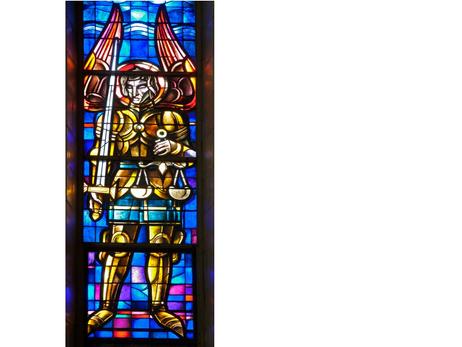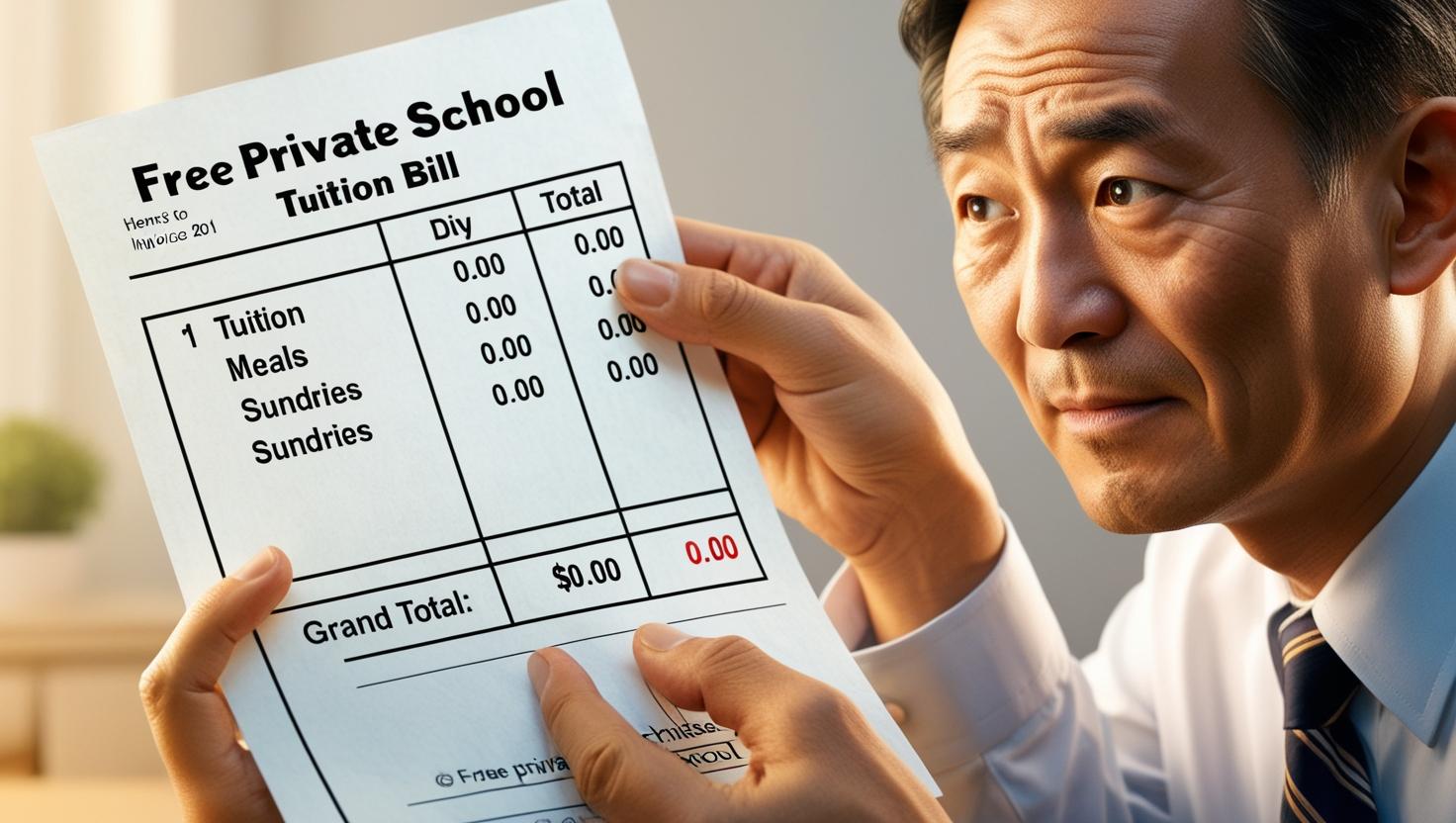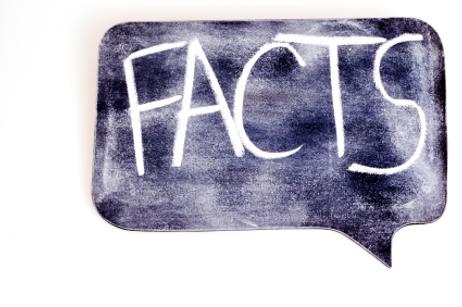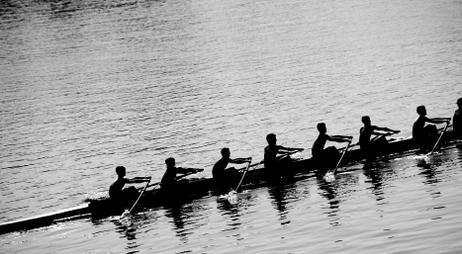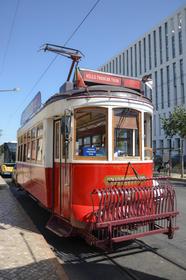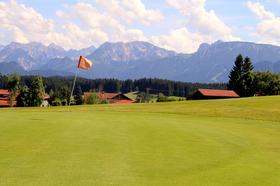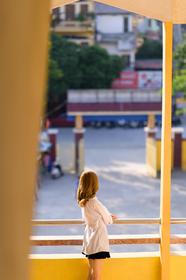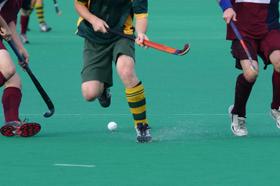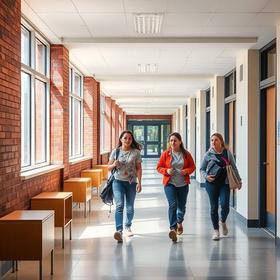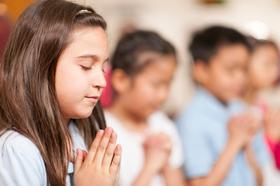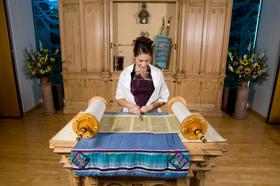Roman Catholic Boarding Schools
Educating the young has been a mission of the Roman Catholic Church for as long as anybody can remember.
- While curricula and teaching methods have changed dramatically over the years, one thing is immutable: these schools do a great job educating their students.
- The proof is the very high percentage of their graduates who go on to colleges and universities nationwide and abroad.
- Most Roman Catholic schools are day schools, typically affiliated with a parish or diocese.
With many other boarding schools charging $65,000-85,000 a year for their services, these boarding schools offer good value as such things go.
- A couple of schools are single sex schools. The rest are co-educational institutions.
- Roman Catholic orders, such as the Jesuits or Salesians, who specialize in teaching, run many of these schools.
The standards are high.
- Most schools have uniform or dress codes.
- Core values are also taught, along with plenty of instruction in the Catholic faith.
- These Catholic schools produce graduates whose solid spiritual and academic foundations anchor them for advancement in later life.
Canva generated this picture of coats of arms.
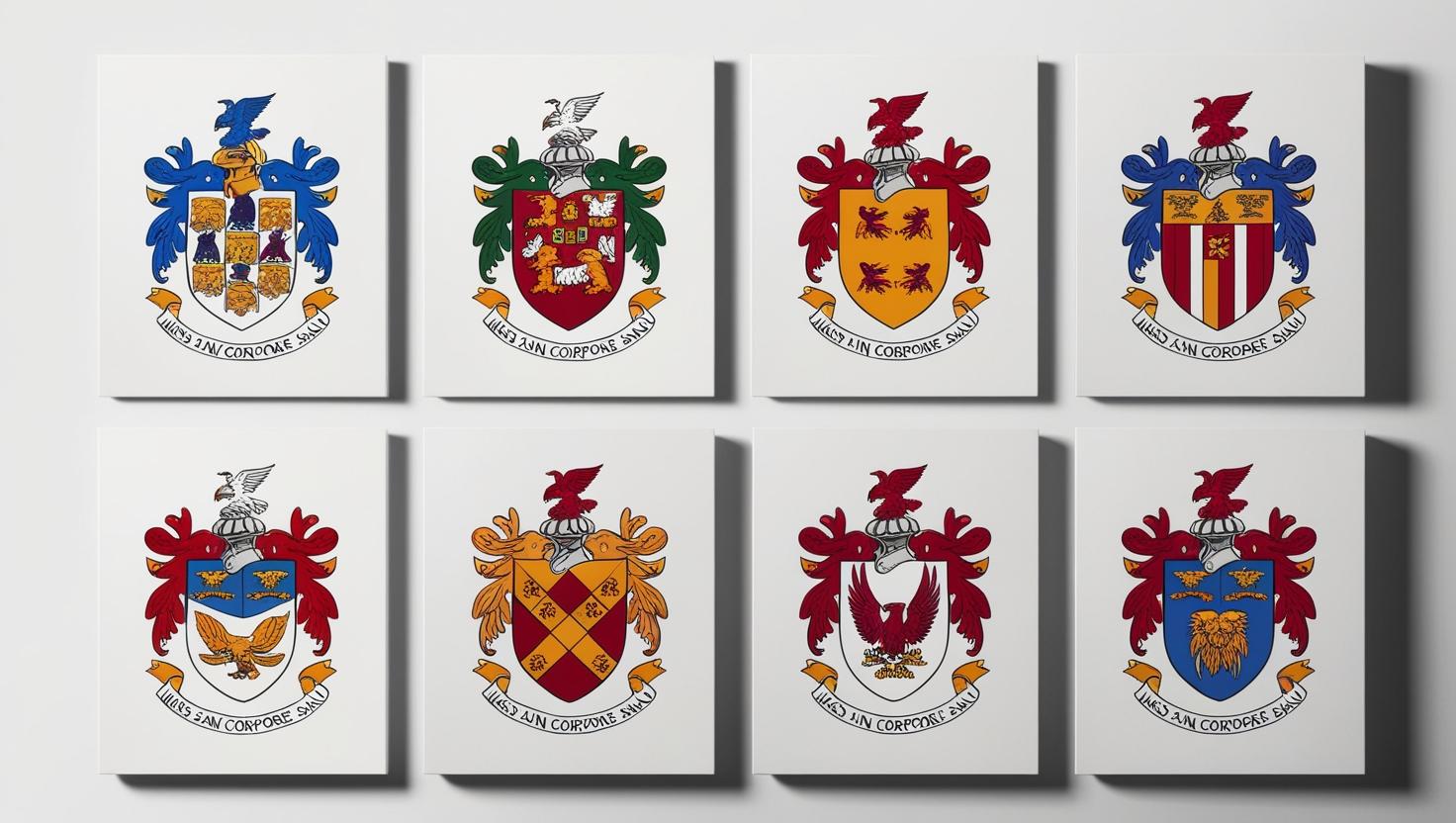
The Schools
Check out the profiles of these schools. Many of them also take day students, so if you live in the area, you can have the best of both worlds.
Canterbury School, New Milford, CT
Grades 9-12
350 students
Coed
"The Canterbury experience is a rich one for both boarding and

